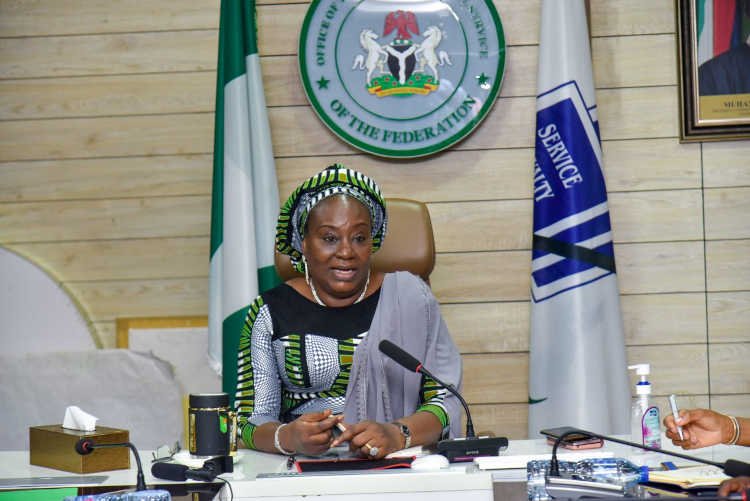The continuation of salary payments to a United Kingdom-based Nigerian civil servant two years after his relocation highlights significant flaws within the Nigerian civil service’s administrative and oversight mechanisms.
Development Diaries reports that a male Nigerian civil servant who left the country for the United Kingdom in 2022 recently revealed that he still receives his monthly salary in Nigeria.
According to a BBC report, the 36-year-old UK taxi driver said he receives N150,000 monthly from his place of work in Nigeria, all thanks to a mutual understanding with his boss.
These revelations indicate a lack of robust systems for tracking and verifying the active employment status of civil servants.
It also suggests that there might be systemic inefficiencies and potential gaps in the management of human resources within the civil service, allowing for such discrepancies to go unnoticed for extended periods.
Furthermore, this situation raises questions about the integrity and effectiveness of the payroll system in the Nigerian civil service and points to possible loopholes in the payroll verification processes.
It reflects poorly on the accountability measures in place, suggesting that there might be insufficient checks and balances to ensure that only active and present employees are compensated, which not only results in financial losses for the government but also undermines public trust in the civil service’s operational standards.
Recall that President Bola Tinubu recently directed that all civil servants drawing salaries from the government after relocating abroad should be made to refund the money.
He further ordered that the department directors and supervisors of the culprits be held accountable for their complicity in the fraud while they were in charge.
However, this is not enough.
This unfortunate happening in the civil service underscores the need for reforms in the service to enhance transparency, accountability and efficiency.
More importantly, the state of trust in the Nigerian government would undoubtedly be compromised if transparency in the nation’s civil service is lacking.
Implementing more stringent auditing procedures and embracing modern technologies for employee monitoring and payroll management could mitigate such issues.
Also, addressing these shortcomings is crucial for restoring confidence in the civil service, citizens trust in governance and ensuring that public funds are judiciously managed.
Development Diaries calls on the Head of the Civil Service of the Federation (HoSF), Folasade Yemi-Esan, to ensure comprehensive reforms to tighten administrative controls and foster a culture of accountability in the service. This will be essential in preventing similar occurrences in the future.
We also demand the prosecution of those involved in unauthorised salary payments and for decisive action to be taken to address this corruption.
Photo source: Office of the Head of Service of the Federation







